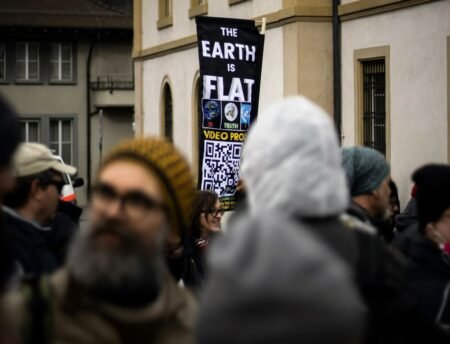The EU is committed to a 20 % reduction in its carbon emissions by 2020. This target will be difficult to reach if the potential of ICTs is not fully exploited. ICTs can allow CO2 emissions to be reduced considerably whilst bringing the European Union up to a high level of innovation and competitiveness.
Advertisement
ACT
Communication from the Commission to the European Parliament, the Council, the European Economic and Social Committee and the Committee of the Regions of 12 March 2009 on mobilising Information and Communication Technologies (ICTs) to facilitate the transition to an energy-efficient, low-carbon economy [COM(2009) 111 final – Not published in the Official Journal].
SUMMARY
This Communication describes measures aimed at fully exploiting the potential of Information and Communication Technologies (ICTs). The objective is to reduce carbon footprints in all sectors of society and the economy whilst maintaining high energy efficiency.
The role of ICTs
ICTs can:
- reduce the quantity of energy required to provide a given service;
- produce quantitative data on which energy-efficiency strategies can be devised, implemented and evaluated.
The challenges of ICTs and action to be implemented
Situation
ICTs used in the delivery of services represent about 1.75% of carbon emissions in Europe and 0.25% of carbon emissions come from the production of ICT and consumer electronic equipment. The remaining 98 % of emissions come from other sectors of the economy and society.
At the moment there is a lack of quantitative data concerning the potential and effective impacts of ICTs. It is essential to harmonise methodologies for the measurement and quantification of energy performance, in order to have access to data which allows new energy-saving strategies to be developed and greenwashing practices to be avoided.
Measures
In order to harmonise the use of ICTs to serve energy efficiency, the European Commission plans to present three types of measures:
- measures common to energy consumption and carbon emissions and related to the production techniques of the ICT sector;
- measures to promote energy efficiency and a reduction in emissions in the ICT sector and major energy-using sectors;
- measures aimed at mainstreaming the use of tools based on ICTs that are likely to trigger a shift in the behaviour of consumers, businesses and communities and thus support demand for innovative ICT solutions.
Buildings and transport
The buildings sector is responsible for 40% of energy consumption in the EU. The use of ICTs would lead to a reduction of 11 % in total energy consumption by 2020 using techniques such as intelligent sensors and optimisation software.
Partnerships between public and private sectors should be established in order to develop green technologies, as well as energy-efficient systems and materials in buildings. In addition, a recast of the directive on the energy performance of buildings is proposed.
Transport represents about 26% of energy consumption in the EU. Cooperation between the ICT sector and transport logistics should allow the quality of information concerning energy consumption and carbon emissions in the transport sector to be improved.
The development of new behaviour
Tools allowing a carbon footprint to be reduced do exist. The generalisation of their use should lead to new behaviour emerging. Smart metering can allow for real-time information flows between network operators, energy suppliers and consumers, allowing them to better manage and control their energy consumption and associated costs.
Member States are therefore invited to stimulate demand for innovative solutions based on ICTs by including energy efficiency requirements in their policies for construction, town planning and public procurement and by supporting innovative projects.
In this regard, the Cohesion Policy 2007-2013 provides for EUR 86 billion for investment in research, development and innovation, which includes ICT use and technology development.
In order to support the implementation of the recommended measures, the European Commission is introducing several initiatives such as the creation of a web portal dedicated to the exchange of best practice, or the publication of a practical guide for regional and local authorities.
Context
In December 2008, the Union confirmed its commitment to make a reduction of 20 % in its carbon emissions by 2020. The economic and financial crisis has reinforced its will to pursue these objectives and to build a more sustainable economy in the long term.
ICTs have a major role to play in attaining these objectives since they are present in virtually all parts of the economy and could contribute to increasing productivity by more than 40 %.







